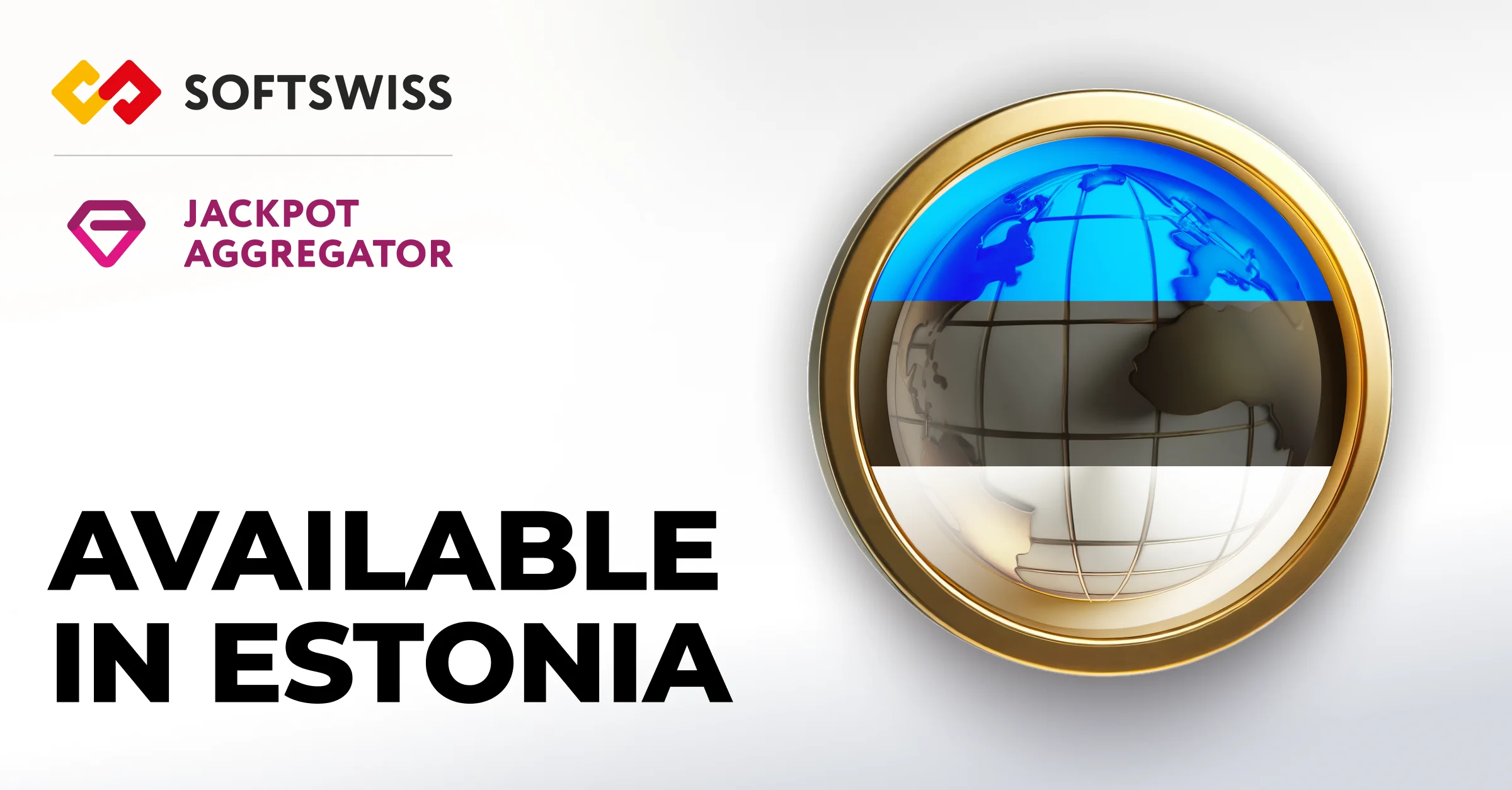The online gambling market is continuing to grow: analysts predict that the global iGaming market will have an estimated value of $113.12 billion by 2025.
The largest markets are the UK, the USA, Australia, Japan, and China, but experts see impressive potential and great prospects for expansion in emerging markets. Slotegrator’s experts ranked the markets worth betting on in 2023.
This review presents the top five emerging markets:
Latin America
Latin American countries such as Brazil, Peru, Mexico, Argentina, Columbia, and Chile have grabbed plenty of headlines throughout the iGaming sector in the past few years. Brazil in particular often referred to as the “sleeping giant” of Latin America, is one of the largest markets in the region. Brazil’s online gambling GGR is expected to grow significantly and will reach about $1.6 billion by 2026.
Among the countries actively working towards regulatory reform are Bolivia, Mexico, and Brazil. In the latter two, legislation is pending. Meanwhile, Colombia is updating legal provisions to better adapt to the digital age.
Latin Americans prefer online gambling because not everyone has access to land-based casinos. The most popular games are sports betting, slots, bingo, and poker.
Asia
Asia is a very diverse and promising region, densely populated, and with a rapidly growing economy. As for gambling control in Asian countries, this market is considered one of the most tightly regulated. However, there is a drive to liberalize the market: Thailand is discussing the details of market regulation, Vietnam is testing a pilot program to allow locals to play in casinos that previously only admitted tourists and some states in India are considering regulating online gambling. In Japan, the gambling market is very limited, but players spend an impressive amount of money on foreign sportsbooks — roughly $40 billion each year. For their part, Chinese gambling enthusiasts spend ¥1 trillion ($145.5 billion) annually on online gambling, much of it in cryptocurrency.
Chinese players are known for their frequent visits to offshore casinos, chiefly live dealer games based in the Philippines. Within China itself, the special administrative regions of Macau and Hong Kong are famous for their gambling and betting sectors, but gambling is prohibited throughout the rest of the country (aside from the national lottery).
The Indian market is full of potential, despite its complicated regulatory landscape (laws vary from state to state, though the country recently established a national regulator). In 2022, total revenue in the casino gaming segment was projected to reach $1 billion within a few years. With a population of 1.3 billion, increasing internet connectivity, and spreading mobile usage, India has plenty of potential for operators who successfully localize their offerings (including rummy, cricket betting, and other local favorites).
As for the CIS, Georgia and Armenia are both promising regions. These countries are very attractive to tourists with their gambling sector, which is growing rapidly every year. In Georgia, operators can offer online casino games and sportsbooks only if they have a license for a land-based project. Neighboring Armenia has gambling participation rates roughly six times those of the UK, one of the strongest markets in the world.
Africa
Africa’s most attractive iGaming markets are Nigeria, Kenya, Tanzania, Uganda, and South Africa (the continent’s largest market, with a GGR, projected to reach $2.3 billion by 2023).
Africans like a range of online casino games, and this trend is growing rapidly, but their main passion remains betting on sports. If the Slotegrator team studies the economic potential of countries such as South Africa, Nigeria, Uganda, Kenya, and Ghana, namely their passion for sports betting, Slotegrator can see the prospects of this continent.
Slotegrator’s experts have a few reasons to believe that the gambling industry in Africa will continue to grow rapidly:
- increasing incomes are leading to a growing middle class;
- the spread of internet access and the low price of computers and smartphones allow more people to go online;
- there is a general improvement in gambling taxation and legislation.
Europe
Europe is a fertile market for the iGaming industry, offering investment opportunities of all kinds. Some of the key advantages of the market are growing economies, established leaders, and promising new markets.
The European Gaming and Betting Associate (EGBA) estimated that in 2022, total GGR in Europe grew by 23% to €108.5 billion. For their part, online gambling revenues grew by 8% compared to 2021, to €38.2 billion.
Scandinavian countries have very strong economies, but each country has different regulations. Denmark and Sweden are regulated, growing, and prosperous countries, and both online casinos and sports betting are popular here.
The UK and Ireland have a preference for sports betting, with horse racing remaining a perennial favorite. Online betting is regulated, as are online casinos, but sportsbooks are more popular among players. They are also popular in France, as is poker. Belgian players enjoy a variety of casino games, especially dice games. In Germany, gambling used to be allowed only in land-based casinos but recently approved regulation allows online casinos and betting.
The Baltic countries have seen economic growth and good regulatory development — Latvia, Lithuania, and Estonia offer licenses for both online casinos and sportsbooks. Players there prefer the online versions of traditional games like poker, blackjack, and baccarat. Bingo will always be welcome — in short, everything players are used to seeing in land-based casinos will be well-received on online platforms as well. As for sports, basketball, hockey, and ice cricket are very much in demand.
Switzerland and Poland have huge potential and offer outstanding opportunities. Switzerland is one of the world’s most developed countries in terms of nominal GDP per capita, though regulation for online gambling has been introduced relatively recently. Poland is the sixth largest economy in the European Union, and with a population comparable to its western neighbors, its iGaming market will likely continue to strengthen in the coming years.
“Each market has its own demand, and it is a combination of several factors: regulation, economy, culture, and habits,” says Ayvar Gabidullin, Business Development Manager at Slotegrator. “Our team studied the specifics of each market, and we are focused on these regions and confidently recommend them to our clients and partners. The market prospects are impressive — according to forecasts, the online gambling and betting market will reach about $150 billion by 2030. The game is definitely worth the candle.”
About the company
Since 2012, Slotegrator has been one of the iGaming industry’s leading software and business solution providers for online casino and sportsbook operators.
The company’s main focus is software development and support for online casino platforms, as well as the integration of game content and payment systems.
The company works with licensed game developers and offers a vast portfolio of casino content: slots, live casino games, poker, virtual sports, table games, lotteries, casual games, and data feeds for betting.
Slotegrator also provides consulting services in gambling license acquisition and business incorporation.
More information: https://slotegrator.pro/















